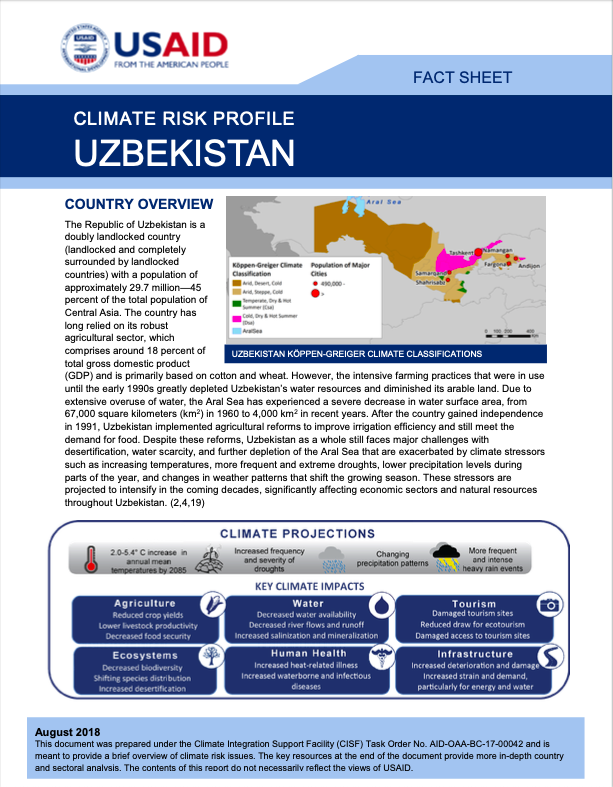Impacts of strict cropland protection on water yield: A case study of Wuhan, China
Land use and land cover change is a critical factor of ecosystem services, while water yield plays a vital role in sustainable development. The impact of urban expansion on water yield has long been discussed, but water yield change resulting from cropland protection is seldom concerned. Therefore, this paper aims to investigate the impacts of cropland protection on water yield by comparing the water yield in two cropland protection scenarios (i.e., Strict Cropland Protection scenario and No Cropland Protection scenario).


